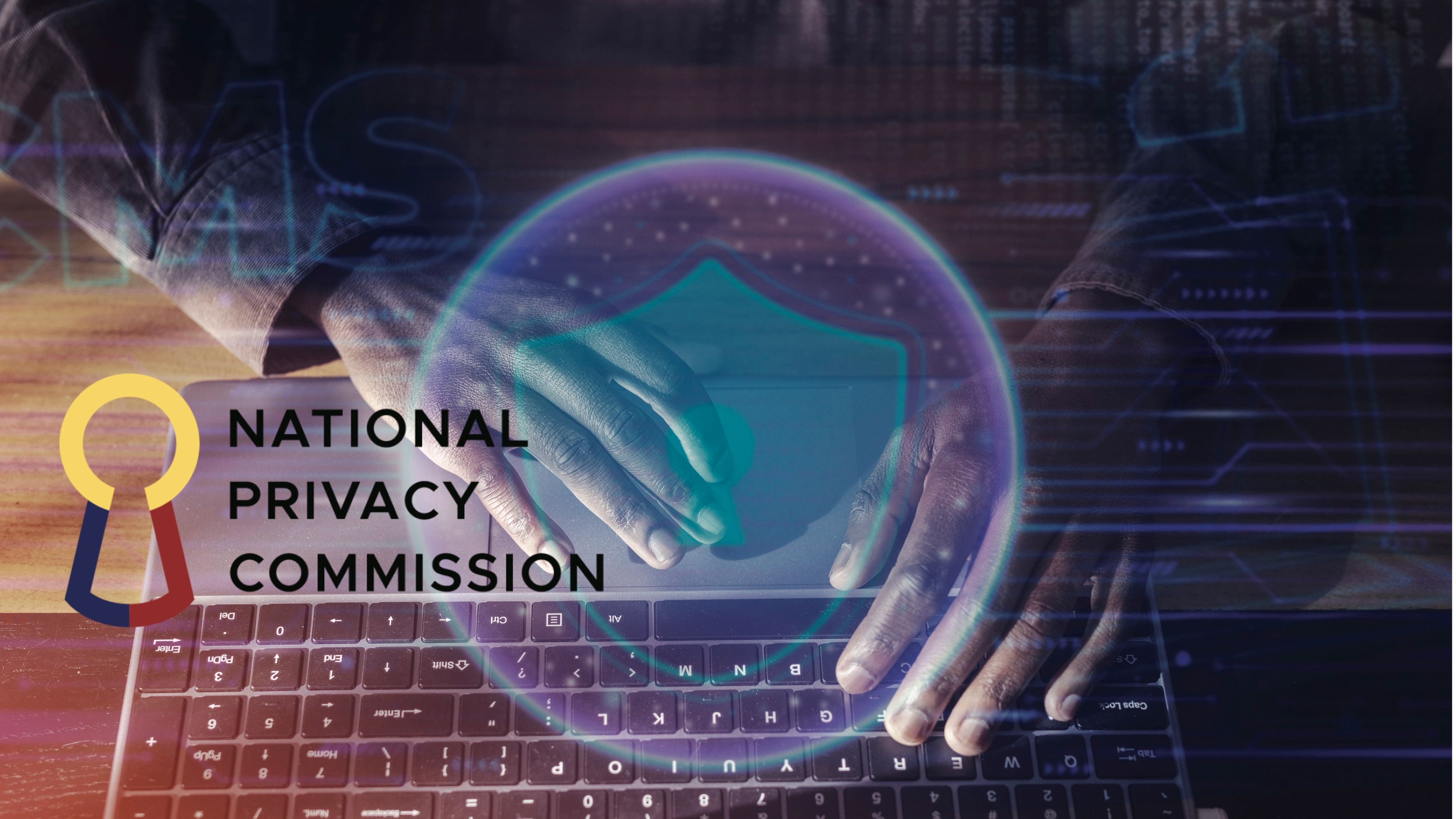In today's hyper-connected world, data breaches, online scams, and the hacking of social media accounts have become distressingly common. The recent incident involving the Jollibee Group, which saw unauthorized access to the personal data of 11 million customers, is a stark reminder of the vulnerabilities that persist in our digital infrastructure. This breach, which compromised sensitive personal information such as dates of birth and ID numbers of seniors, underscores the urgent need for robust cybersecurity measures and vigilant data protection protocols.
The National Privacy Commission (NPC) has been actively involved in addressing these breaches. The NPC's recent notification from Jollibee about the breach highlights a growing trend of cyber-attacks targeting both private and public sectors. The compromised data, which spans multiple Jollibee brands, could potentially lead to identity theft, financial loss, and a breach of trust among customers. Such incidents are not isolated; they reflect a broader issue that has plagued numerous organizations, including automotive giant Toyota and real estate firm Robinsons Land, both of which reported breaches earlier this month.
The Dark Underbelly of the Internet
The involvement of hackers from groups such as Philippine Lulzzec and Globalzec, who have been apprehended by the National Bureau of Investigation (NBI), reveals the sophisticated and organized nature of these cyber threats. The hackers' activities, which began with defacing a university website and expanded to breaching the systems of major banks and payment processors, illustrate the far-reaching implications of cybercrime. The data obtained from these breaches, often sold on the Dark Web, can be used for a myriad of illegal activities, from financial fraud to identity theft.
Atty. Jeremy Lotoc, chief of the NBI Cybercrime Division, noted that the arrested individuals included a data officer at a media outlet, a cybersecurity researcher, and a graduating student. Their expertise and positions underscore the paradox of insiders turning against the very systems they are supposed to protect. This internal threat poses a significant challenge to cybersecurity efforts, as it is often difficult to detect and mitigate.
The Urgency for Enhanced Cybersecurity Measures
The Jollibee data breach, along with the hacking activities detailed by the NBI, should serve as a wake-up call for all organizations, regardless of size or industry. It is imperative for businesses to invest in comprehensive cybersecurity frameworks that include regular system audits, employee training on security protocols, and the deployment of advanced threat detection technologies.
Moreover, the role of regulatory bodies like the NPC is crucial in ensuring that organizations adhere to stringent data protection standards. The NPC's advisory for those affected by data breaches to contact their firms' data protection officers and report the incidents highlights the importance of having a clear and accessible mechanism for addressing such breaches.
The Need for Public Awareness and Vigilance
While organizations must bolster their defenses, individuals also have a role to play in safeguarding their personal information. Public awareness campaigns can educate citizens about the risks of cyber threats and the importance of maintaining good digital hygiene, such as using strong, unique passwords and being cautious of suspicious emails and websites.
The digital age has brought unprecedented convenience and connectivity, but it has also exposed us to new risks and vulnerabilities. The recent data breaches and cyber-attacks serve as a stark reminder that our digital assets are under constant threat. It is incumbent upon both organizations and individuals to take proactive measures to protect sensitive information.
#WeTakeAStand #OpinYon #NPC #Cybersecurity

